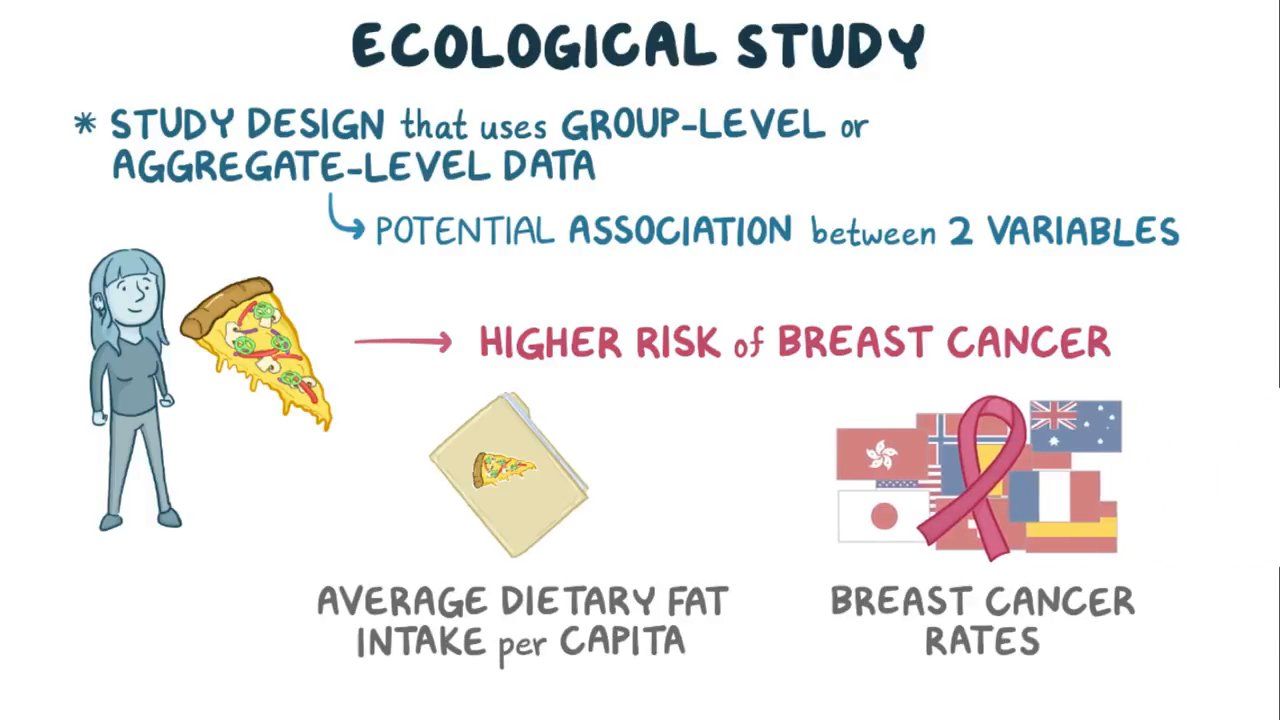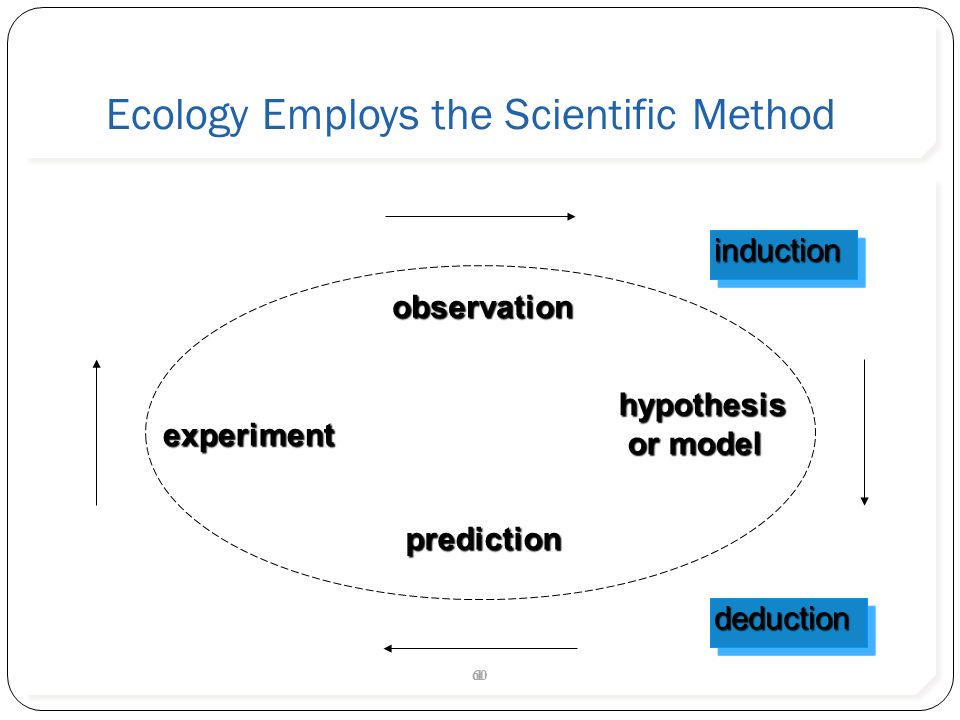What is an Ecological Study?
An ecological study, also known as an ecological epidemiological study or a population-based study, is a type of observational study in epidemiology that examines health-related outcomes at the population level. In ecological studies, researchers analyze and compare health-related data for different populations or geographical areas rather than examining individuals within those populations. These studies are designed to investigate associations and trends between various population-level factors and health outcomes.


Selected Ecological Study
The following link directs you to a research paper conducted by Ana Betran. In this paper titled "Ecological study of effect of breast feeding on infant mortality in Latin America", the objective was to estimate the effect of exclusive breast feeding and partial breast feeding on infant mortality from diarrhoeal disease and acute respiratory infections in Latin America.
Link to the PaperSummary of Paper
The study utilized an attributable fraction analysis based on national data on infant mortality and breastfeeding in the region. The researchers found that approximately 55% of infant deaths from diarrheal disease and acute respiratory infections in Latin America were preventable through exclusive breastfeeding for infants aged 0-3 months and partial breastfeeding throughout the rest of infancy. Specifically, 66% of deaths from these causes in infants aged 0-3 months could be prevented through exclusive breastfeeding, and 32% of such deaths in infants aged 4-11 months could be prevented through partial breastfeeding. In total, these breastfeeding patterns could prevent approximately 52,000 infant deaths annually in the region, which accounts for about 13.9% of all infant deaths in Latin America.
The paper highlights the significant potential of breastfeeding, particularly exclusive breastfeeding in younger infants, in reducing infant mortality in Latin America. The researchers recommended that interventions to promote breastfeeding should prioritize younger infants to achieve these substantial reductions in mortality. The study underscored the importance of breastfeeding promotion as a key strategy to increase infant survival.